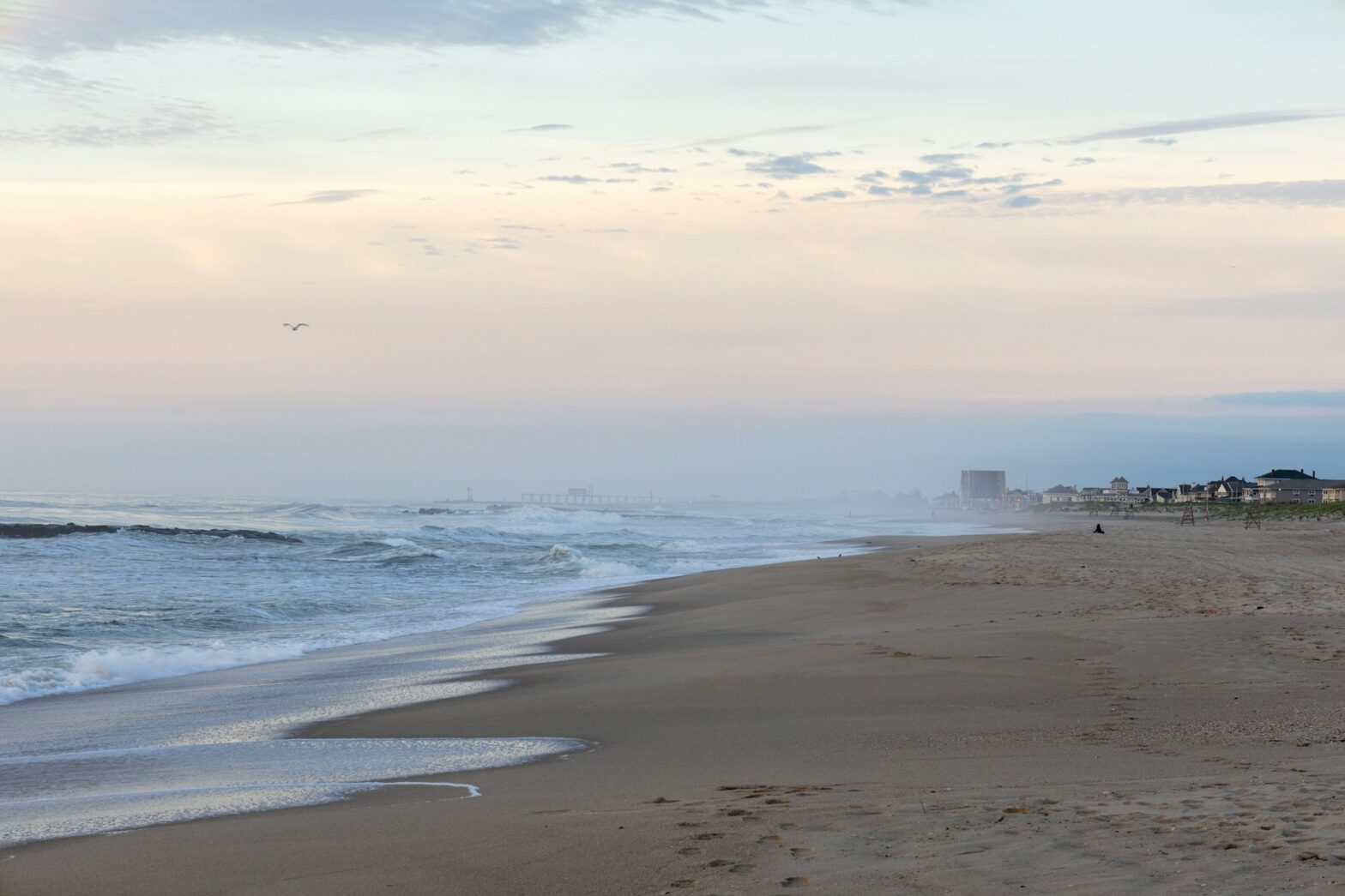It’s no secret that Black representation in travel and tourism still has a long way to go. Despite Black travelers spending more than $109 billion on leisure travel in 2019, from advertisements to the C-suite, the travel industry’s look is still very homogenous. However, a growing number of Black women leaders are using their prowess to change that.
As executives in the East Bay Area, Viola Ncube, Sonya Bradley, and Nicole Hankton are truly history in the making. As part of the 2.2% of Black executives in the industry, they work diligently to help local businesses benefit from tourism and find fresh ways to spotlight the uniqueness of each destination to visitors.
From community outreach to providing growth opportunities for small businesses, these women are redefining travel and bringing authenticity to tourism.

A Pathway to Leadership
Getting into the travel industry can seem like an elusive goal, let alone climbing the same ladder. Ncube, Bradley, and Hankton have each carved paths that simply did not exist before them. However, their career experiences are proof that you never know how your career in travel can blossom.
Ncube, Vice President of Sales & Marketing for Visit Pleasant Hill in California, is a powerhouse among the East Bay area’s travel professionals. Ncube began her industry career working as a secretary in Zimbabwe throughout her 20s. Eleven countries and 14 hotel openings later, her well-decorated career landed her in California. After accepting a Sales Manager role with the city, her former CEO recognized that her resume well-exceeded the position she had been hired for, which ultimately led to a promotion. Today, Ncube drives tourism into Pleasant Hill, leveraging brand awareness, marketing, and public relations.to highlight the city’s attractions.
As the Chief of DEI & Community Relations Officer for Visit Sacramento, Bradley’s focus is multifaceted. Previously serving as Visit Sacramento’s Chief Marketing Officer, Bradley transitioned into her new role in 2020. The Oakland native is bridging the gap between the tourism bureau and small businesses – primarily BIPOC-owned – to help them get into the tourism ecosystem.
“Being able to make sure we’re integrated well in terms of what the community really looks like has been a big focus,” Bradley shares with Travel Noire. “One of the big things is how do we bring more people from our community? Going out and introducing what Visit Sacramento is and what we do for the community is a part of my job. Internally, it has been about ensuring that we’re presenting the full breadth of the Sacramento region in terms of its diversity, its activities, and who we are.”
Similarly, Hankton is the first Executive Vice President for Walnut Creek, California’s Visitor’s Bureau. As a former retail marketing professional, Hankton was ready to try something new.
“I wanted a position where I got to meet a lot of different people from a lot of different places and got to speak to people from different markets with different needs,” Hankton shares.
Hankton leveraged her corporate retail expertise to transition into the hotel industry nearly a decade ago. Now, she spearheads the tourism business improvement district in the area, reinvesting nominal taxes collected by local hotels to further market the city.
Hope for Greater Diversity
On the subject of the travel industry’s outlook, Bradley, Ncube, and Hankton are hopeful for progress in the right direction. Although these leaders often find themselves as the only ones in the room, they do their part to support others in joining the industry.
In Walnut Creek, Hankton is working on an initiative to partner with local community colleges and California State University, East Bay to help recruit new talent.
“Only one out of four high school students go straight to a four-year university, says Hankton. “A lot of people of color have to go from high school to work. Some go to community colleges where they’re just trying to figure out what they want to do because they can’t afford to go to a four-year university; some go to trade. For us to increase this inclusive environment we have to talk to those students.”
For Ncube, it’s not just about representation; it’s about adequate representation at all levels.
“[We have to] cross those lines by [being] inclusive in who is seen. Not just who’s cleaning, but who is seen at the top level.”
Bradley credits her connections with other Black travel professionals as one of the greatest benefits of the job.
“Just knowing that you’re not alone and meeting other Black women who’ve been in this industry a long time,” she shares. “We’re going through the same thing, but what I have found is that we’re all trying to make the industry better.”
The Next Wave of Black Travel Professionals
For aspiring Black travel professionals, connections, community, and authenticity are the keys to unlocking your potential in travel.
Hankton believes staying true to who you are is vital when coming into travel and tourism.
“You can be professional and keep your flavor. We no longer have to homogenize ourselves,” Hankton shares. “I was there in corporate jobs where we had to and we don’t have to do that anymore. Even though we may be the only one in the room, we bring enormous value to that room. You’re valuable, your experience matters, and what you have to say matters.”
Bradley encourages relationship-building during your career, early and often. She also recommends not overlooking other industries that intersect with travel and tourism.
“People don’t realize how working in a hotel you can get a lot of different experiences,” says Bradley. “Ultimately, if you want to be in the destination marketing organization world, it can lead you here. A lot of people that get hired come from the hotel industry. Look at all the adjacent industries. [We] don’t think about hotels as a good career route [with] a variety of skills you can learn. It is one of the things that I did not do. But if I were starting today, I would look at hotels.”
Ncube’s advice for getting into travel is simple, and yet words to live by:
“First and foremost, you need to dream it. You need to dare it. You need to freaking do it. Do not ever let anybody say, ‘You do not fit the part.’ If I don’t fit in the part, that’s not my table. I create my table. I do not chase, I attract. Because I’m a queen. If you do not see me, you are not worthy of me. There are those who will.”
This Women’s History Month, we celebrate these leaders for their wisdom, passion, optimism, and commitment to diversifying travel and tourism.





